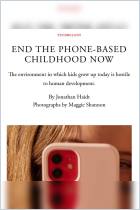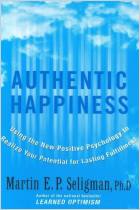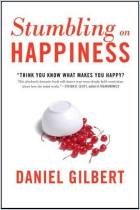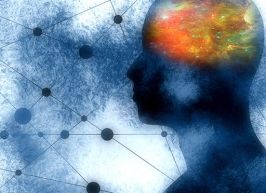Rejoignez getAbstract pour lire le résumé !

Rejoignez getAbstract pour lire le résumé !
Jonathan Haidt
The Happiness Hypothesis
Finding Modern Truth in Ancient Wisdom
Basic Books, 2005
Aperçu
Presenting the history of philosophy in a nutshell – the well-lived life was never so close at hand.
Recommendation
Bits of wisdom fly at us constantly from fortune cookies and the like. Perhaps because of this, you may only rarely stop to savor a great idea and make it your own. Author Jonathan Haidt provides a remedy to modern habits of superficial thinking with this accessible update on 10 great ancient philosophical themes, examined within a scientific framework of positive psychology. He demonstrates that the questions of the ages are still worth kicking around. getAbstract recommends this book to those who want to know why change is so difficult and happiness so elusive. It will give you plenty to think about and possibly change your life. At the least, it will point you in a positive direction.
Summary
About the Author
Jonathan Haidt is an associate professor at the University of Virginia, and a social psychologist who focuses particularly on human morality. He co-edited Flourishing: Positive Psychology and the Life Well-Lived.


























Comment on this summary